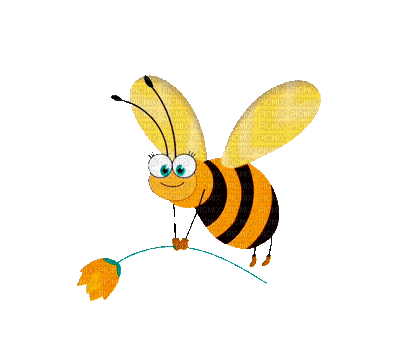Pollinator Week Wrap Up
June 17-23, 2024

The Environmental Committee of the Friends, along with Park Staff (including Rangers and the Horticulturalist) sponsored Pollinator Week from June 17-23 in Quiet Waters Park. For the first time, we joined the nationwide effort this week to focus attention on the variety of pollinators, the benefits they bring as well as the challenges they face, and the ecosystem they need to sustain themselves. Over 100 adults and children participated in varying numbers throughout the week in one or more activities.
Every day the Monarch Madness game drew families in to stop at the different action stations and learn about the incredible journey monarchs undertake during their migration. More than 50 children as well as family members joined in whenever they wanted as the game was set up in and around the Reading & Butterfly Garden all week and was self-directed.
The Reading & Butterfly Garden was the showpiece of Pollinator Week in all its blooming glory—many new native plants graced the winding pathways and monarchs, swallowtails, and smaller butterflies competed with other insects, including a variety of native bees, for nectar and sometimes pollen. For children, the Bug Hike and Milkweed Seed Bomb activity, Pollinator Book Reading, Special Edition Toddler Hike, and renowned Storyteller Katherine Haas all met and started their events here. In addition, our Native Bee and Honey Bee Experts set up their informative displays in the garden. A huge hit with the participating adults was the Macro-photography session in the garden led by professional photographer Jack Wildlife.
As pollinators also use the forested areas and the meadows in the park, they too were featured by special events. Participants in our bioblitz—hopefully the first of many— searched different habitats in the park to see what they could identify and photograph, uploading their finds to the park’s own iNaturalist project: “Organisms of Quiet Waters Park.” Finally, an in-depth tour of the woods surrounding the Holly Trail led by our forest expert, Jim Collatz, demonstrated the enormous variety of plants, trees and fungi that provide food for a range of wildlife from mammals to birds, reptiles and insects. Who knew there are wild huckleberry and blueberry bushes and magical tiny flowering plants contributing to the health and diversity of Quiet Waters Park’s woodlands.
This week offered something for everyone of any age with an interest in our environment and a willingness to engage their mind and learn something new!
